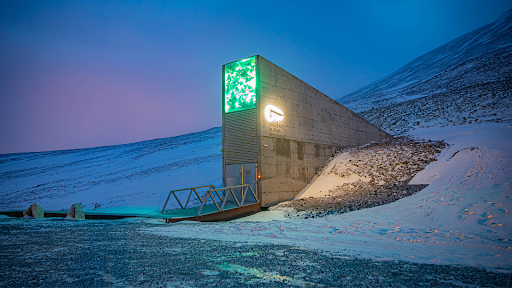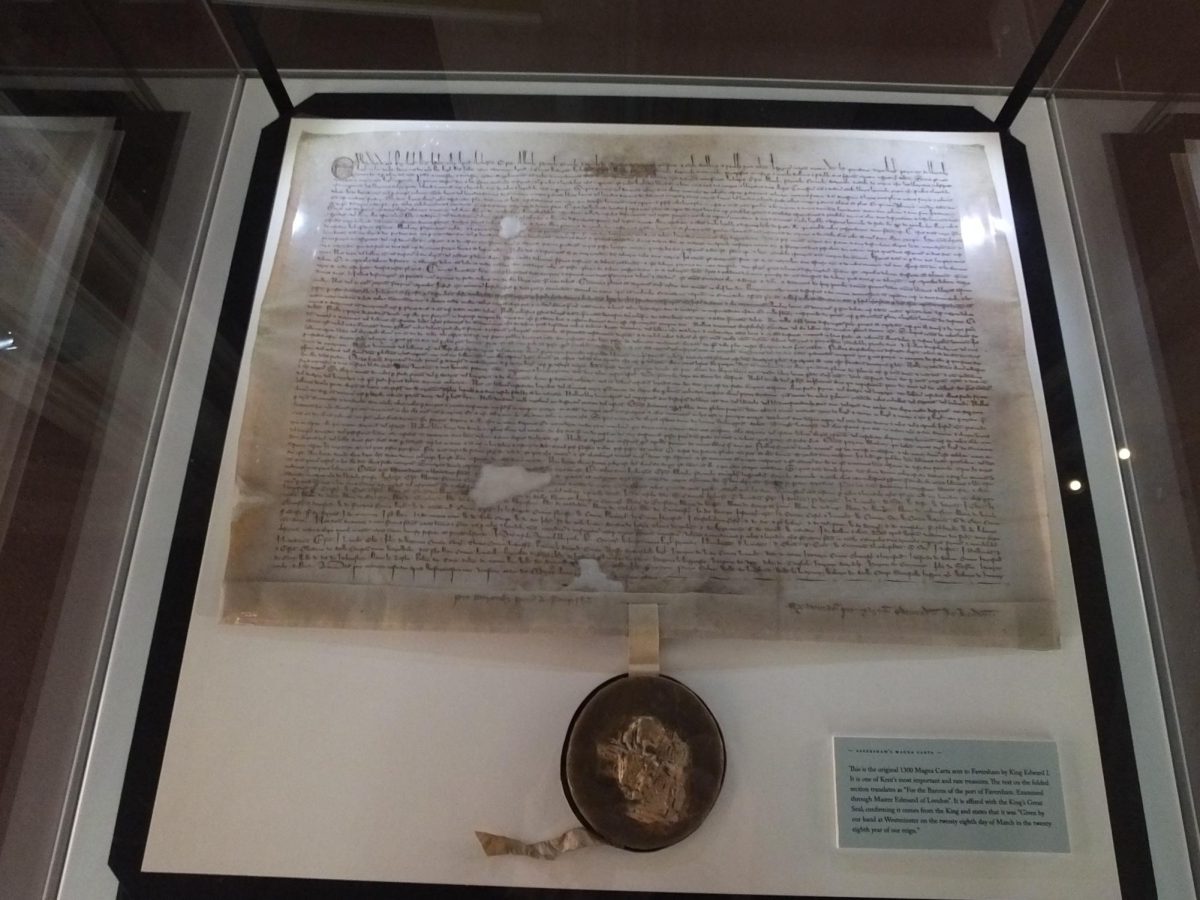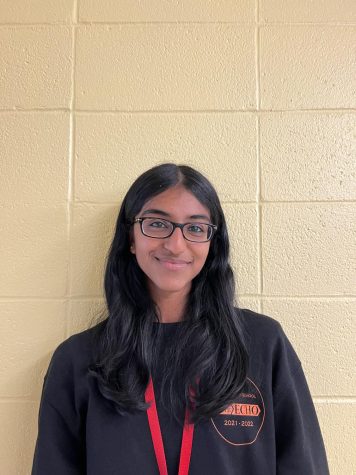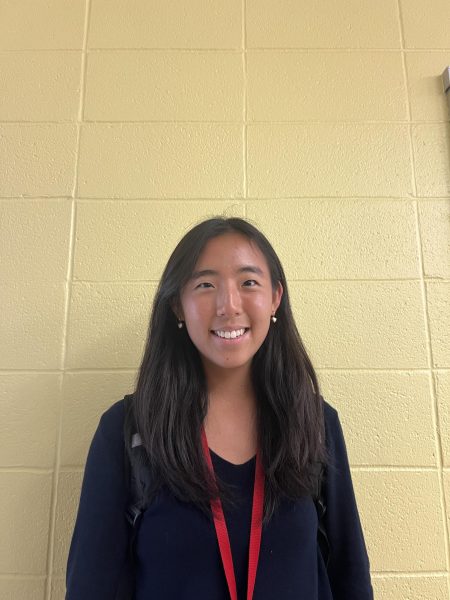Nestled deep within the permafrost of the Arctic Circle lies a treasure trove that could one day save lives. The Svalbard Global Seed Vault, often referred to as the “Doomsday Vault,” is a critical resource in humanity’s efforts to safeguard biodiversity and food security for future generations.
Located on the remote Norwegian island of Spitsbergen in the Svalbard archipelago, the Svalbard Seed Vault is an 11,000-square-foot facility set 400 feet into the mountain rock that was launched on February 26, 2008. It acts as a global insurance policy against the loss of plant species and genetic diversity in case of disease, climate change, and war. According to Yahoo!News, the Svalbard Seed Vault “holds over 1.2 million seed varieties from 77 countries” and keeps the seeds at temperatures around -18 degrees Celsius, which is what differentiates it from the 1,700 other genebanks worldwide. Using permafrost and thick rock for natural insulation, scientists store the seeds in foil packages inside boxes on shelves to ensure low metabolic activity and long-term viability. According to Crop Trust, the “Seed Vault is owned and administered by the Ministry of Agriculture and Food on behalf of the Kingdom of Norway,” and the Global Crop Diversity Trust funds for the “preparation and shipment of seeds from developing countries to the facility.”
On February 27, seed banks from 23 countries contributed to the growing collection, which has a 4.5 million variety capacity. Per Reuters, the first-time donors included Kazakhstan, Madagascar, Indonesia, Bosnia and Herzegovina, Cameroon, Kenya, Nigeria, and Zambia, with each bringing crops like beans, barley, cowpea, maize, rice, millet, and sorghum.
To withdraw seeds from the vault, a country must be a depositor. According to Crop Trust, such requirements are known as “black-box conditions.” When depositors transfer seeds to a global seed vault, they still own the seeds, so they remain the only ones with the authority to withdraw them. There are no restrictions as to which organization or country can contribute to the Svalbard Seed Vault’s collection. According to TIME, “red wooden boxes from North Korea sit alongside black boxes from the U.S.,” and “over on the next aisle, boxes of seeds from Ukraine sit atop seeds from Russia.” Politics and diplomacy do not affect this global seed vault, making it unique in its aspect of international cooperation for the good of the world.
The Svalbard Seed Vault was first put to the test during the Syrian Civil War. According to Crop Trust, Syria’s involvement in war in 2015 caused damage to numerous seed collections because it was unable to maintain Syria’s personal GenBank. The International Center for Agricultural Research in the Dry Areas (ICARDA) was forced to abandon its base in Syria due to the severe fighting. Syria became the first country to withdraw seeds from the Seed Vault, helping it to restore and rebuild its collections as ICARDA relocated its headquarters to Lebanon and Morocco, away from the fighting. Through this event, Syria demonstrated how vital the Doomsday Vault is, and its effectiveness in restoring seed diversity.
Overall, as climate change continues to be an imposing threat, researchers are working to lessen its impacts. Currently, the Svalbard Global Seed Vault is the world’s best-kept secret to ensure the future of the world’s biodiversity when facing war or natural disasters.














































































































































